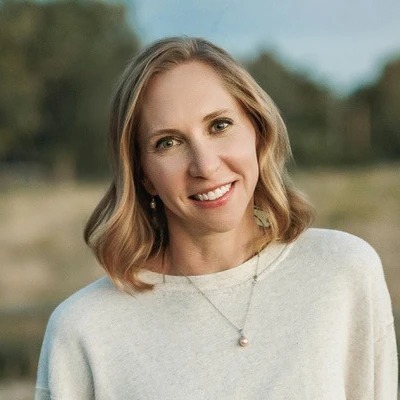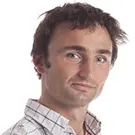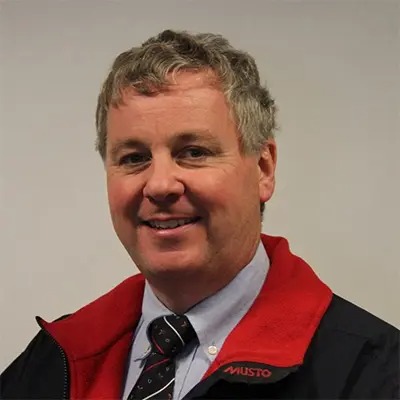Ultrasound of the Mid-Distal Limb & Stifle for Equine Practitioners
Species
Equine
Contact Hours
10 Hours - RACE Approved
Language
English
Discipline
Diagnostic Imaging
Orthopaedics
Sports Medicine
Growth Partners
Europe
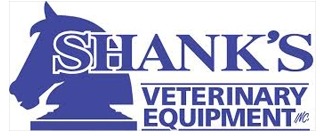
Veterinary Partners
Global



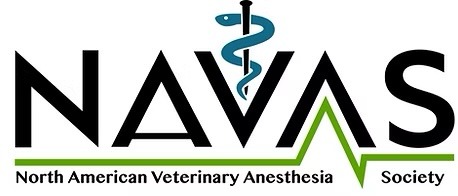
North America
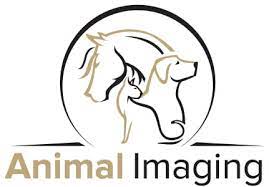
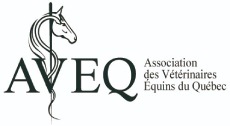
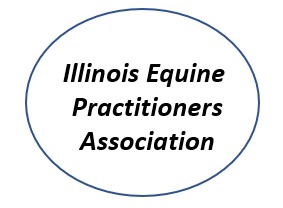
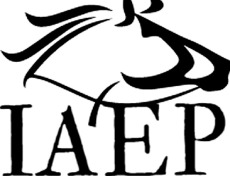
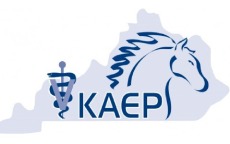
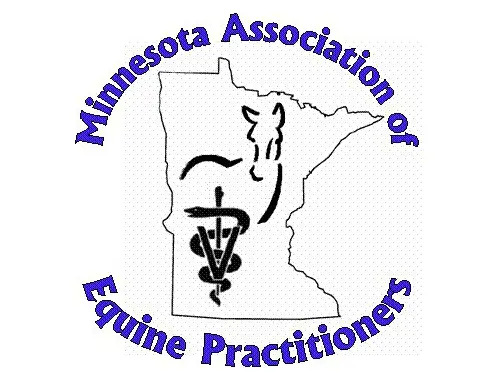
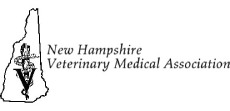


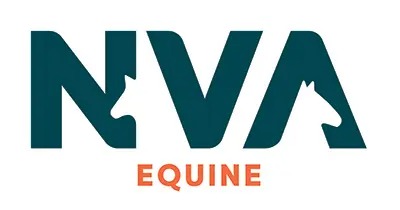



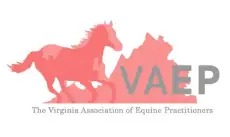
Europe
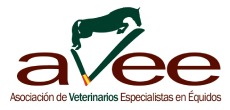
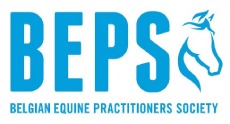


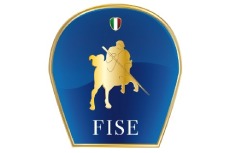

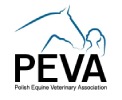
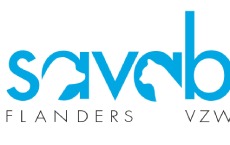
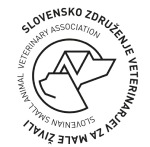
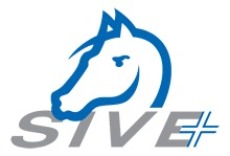



Middle East & Africa
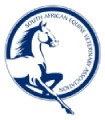
Asia-Pacific

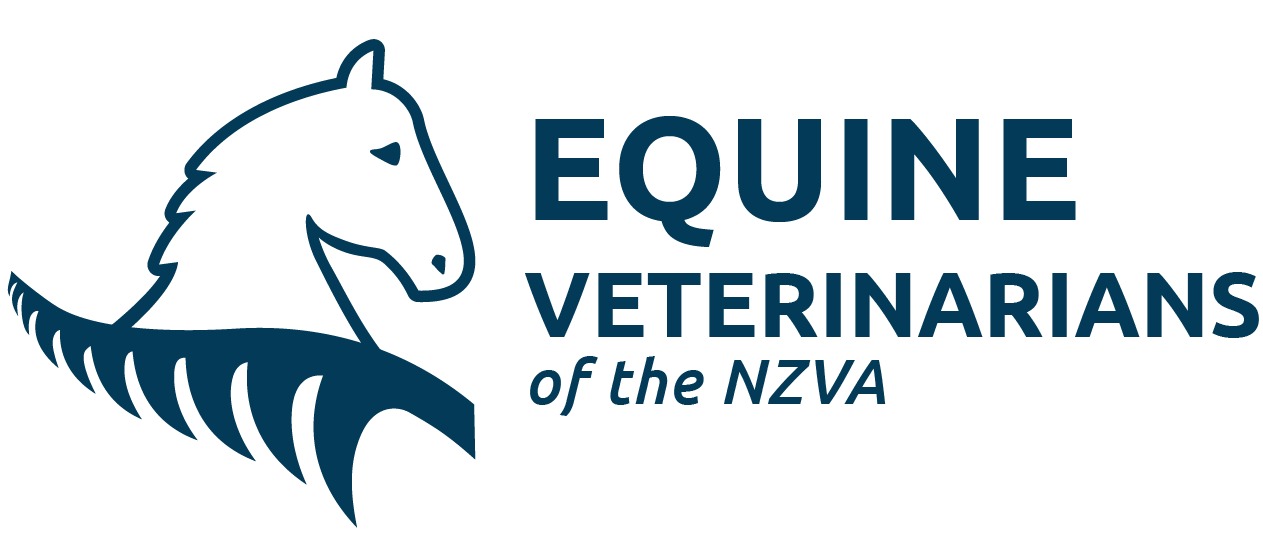
Recorded: July 2021
| Speaker | Title | Duration |
| Roger Smith | Maximise the Use of Your Ultrasound Machine | 50 min |
| Andy Fiske-Jackson | Fine-tune your Ultrasound Technique | 60 min |
| Roger Smith | Comparative Ultrasound of the Suspensory Ligament | 60 min |
| Andy Fiske-Jackson | Ultrasound of Digital Flexor Tendon Sheath & Annular Ligament | 55 min |
| Andy Fiske-Jackson | Ultrasound of the Fetlock Joint Region | 50 min |
| Roger Smith | Ultrasound of the Heel & Pastern Region | 60 min |
| Myra Barrett | Ultrasound of the Tarsus, Tarsal Bursae & Tarsal Sheath | 60 min |
| Myra Barrett | Ultrasound of the Carpus & Carpal Sheath | 45 min |
| Andy Fiske-Jackson | Ultrasound of the Stifle Joint | 60 min |
ONLINE LECTURE SERIES CONTENT
This course has been designed to equip equine practitioners with the theoretical knowledge to make the most of their abilities and ultrasound machine, in the diagnosis and treatment of various equine musculoskeletal conditions affecting the mid and distal frontlimb and hindlimb, including the stifle joint.
- Maximise the Use of Your Ultrasound Machine to Optimise Imaging of the Musculoskeletal System
- Ultrasonographic Anatomy and Conditions of the Foot & Pastern
- Digital Flexor Tendon Sheath & Annular Ligament
- Fetlock Joint Region
- Flexor Tendons & Check Ligaments
- Suspensory Ligament – Frontlimb vs. Hindlimb
- Carpus & Carpal Sheath
- Tarsus, Tarsal Bursae & Sheath
- Stifle Joint Region
Dr. Barrett is an associate professor of equine diagnostic imaging Colorado State University. Dr. Barrett's primary research and clinical interests are equine musculoskeletal imaging and comparative imaging, and she works closely with the equine surgery and sports medicine services. She is a founding partner of Inside information Radiology, a dedicated equine teleradiology service. She routinely speaks at equine veterinary meetings and is regularly involved in continuing education courses, including courses that draw an international audience. Dr. Barrett is dedicated to the advancement of the specialty of equine diagnostic imaging and is currently the president of an AVMA newly recognized subspecialty – ACVR-Equine Diagnostic Imaging. Outside of work, she enjoys biking, skiing, riding horses, and spending time with her family.
More InfoAndy qualified from the University of Liverpool, UK in 2004. He initially spent three months working for the Society for the Protection of Animals Abroad, a charity caring for working equids, in Morocco. He then spent two years working for a mixed practice doing predominantly farm and equine work. In July 2006 he undertook an eighteen month internship at the Liphook Equine Hospital after which he spent a further six months working as a first opinion equine ambulatory vet for the same practice. In July 2008 he started a residency in equine surgery at the Royal Veterinary College and went on to join the surgical team at the College where he currently works. He became a Diplomate of the European College of Veterinary Surgeons in February 2012. Andy has published several articles in peer reviewed publications and presented at various national and international meetings. His research interests include digital flexor tendon sheath pathology, mesenchymal stem cell application in superficial digital flexor tendonitis and the role of back pain in poor performance.
More InfoRoger Smith is Professor of Equine Orthopaedics at the Royal Veterinary College, London, UK. He qualified as a veterinary surgeon from Cambridge University (UK) in 1987, having obtained a First for his undergraduate degree and a Cambridge Blue at swimming. After 2 years in practice, he returned to academia to undertake further clinical training as a Resident in Equine Studies at the Royal Veterinary College. Following his residency, he undertook a 3 year research project culminating in the award of a PhD for his studies on the extracellular matrix of equine tendon.
He remained at the Royal Veterinary College, first as a Lecturer in Equine Surgery, then as Senior Lecturer in Equine Surgery before his appointment as Professor in Equine Orthopaedics in December 2003.
He holds the Diploma of Equine Orthopaedics from the Royal College of Veterinary Surgeons and is a Royal College of Veterinary Surgeons Specialist in Equine Surgery. He is a Diplomate of the European Colleges of Veterinary Surgeons and Veterinary Sports Medicine and Rehabilitation, and is also a Large Animal Associate of the European College of Veterinary Diagnostic Imaging.
In 2016, he was awarded the Fellowship of the Royal College of Veterinary Surgeons for meritorious contribution to knowledge and was elected to president of the European College of Veterinary Surgeons in July 2017.
He divides his time between running a specialist orthopaedic referral service within the Royal Veterinary College, where he is involved in lameness diagnostics, imaging and orthopaedic surgery, and continuing to direct research into equine tendon disease. His principal research interests are understanding the pathogenesis of tendon disease, diagnostics for tendon and ligament disease, and stem cell therapy for tendons in both horses and humans.
He is married to a medical doctor and has two sons.
More InfoVeterinary Student
Online MasterClass
USD 100.00
Qualified Vet
Online MasterClass
USD 510.00
Intern/Resident/PhD (Requires proof of status)
Online MasterClass
USD 385.00
Vet Nurse/Vet Tech (Requires proof of status)
Online MasterClass
USD 385.00
If the options you are looking for are unavailable, please contact us.
No tax will be added unless you are a UK taxpayer
Choose currency at checkout



